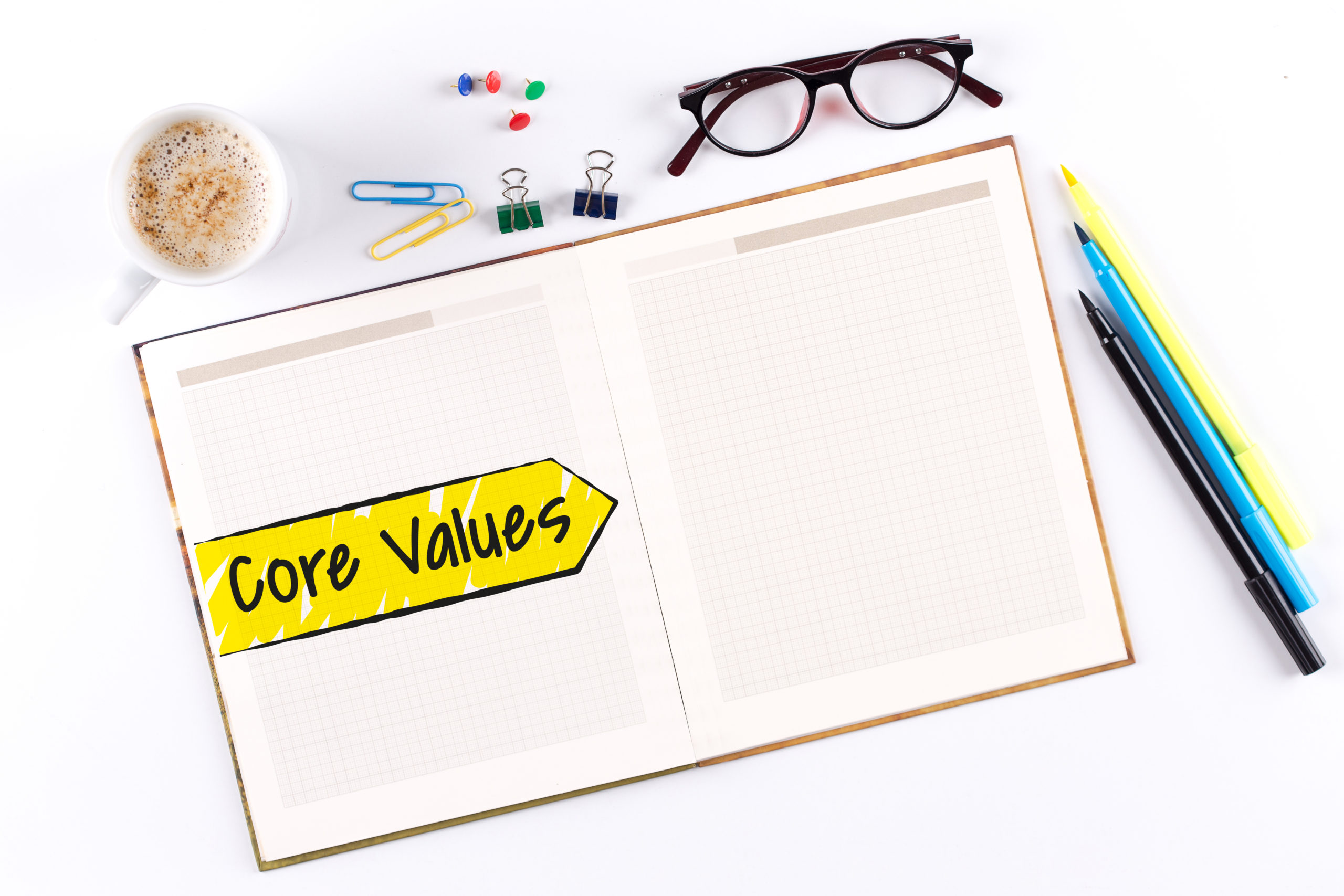What Do You Value?
What do you value? I’m sure if I asked you this question, a few things would come to mind – perhaps your health, family, career, friends, financial security, faith. But what if I told you instead of answering this question, I wanted you to give me a list of how you spent your time in the past week – and I would analyze what you value from that list. Would it line up with your answer to the question?
One of the biggest causes of stress and dissatisfaction in our lives originates from a conflict between our core values and how we spend our time. The solution – to make an effort to think through your core values and then rearrange your time commitments accordingly may sound simple, but it’s not something that many of us do. In fact, it often takes a crisis of some sort for us to re-evaluate how we spend our time.
If you aren’t feeling content or at peace with the way you’re spending your time, I would encourage you to begin dedicating time to thinking through your core values – and keeping track of how you’re spending your time. The concept of essentialism really resonated with me – and helped motivate me to begin this process.
I first became aware of the concept of essentialism when I read a book called “Essentialism: The Disciplined Pursuit of Less” by Greg McKeown. In the book, McKeown discusses how if we as individuals can determine essential components (aka core values) that are core to our happiness, success, sense of wellbeing, and physical wellbeing—then it simplifies our lives and eliminates a lot of decision-making and distractions along the way.
It is often said the urgent crowds the important. In other words, the fire drills in our lives often divert our attention away from the things that mean the most to us—whether that is time with family, strategic plan, a project at work, or something else altogether. By embracing the concept of essentialism, we can focus our attention on the things that are most important to us and avoid the tyranny of the urgent.
So, where do we start? It’s best to check in with yourself. By that, I mean write down your core values – or what matters most to you – in addition to keeping a list of how you spend your time. Harvard Business Review has a worksheet I’ve found to be helpful. On a sheet of paper, or in Word or Excel, create a table with four rows – what you value, time, money, and energy (Does this get my highest energy? Or am I exhausted by the time I get to it?). The goal is to be specific.
For example, one of my values might be to raise healthy, balanced kids. Then I’d want to consider how much time and money I put toward that value in any given week. Am I paying for tutoring? Athletics? Extracurriculars? How much quality time do I spend with them each week? Is most of the time I spend with them on autopilot – getting them ready, driving them places, etc.? Do they get my highest energy, or am I exhausted – or maybe a mix of both? Getting all of this information down on paper is extremely helpful, as you will likely discover any disconnects you may have between your values and how you spend your time.
It’s also worth noting that this can fluctuate – which is normal and is reason to check in with yourself and keep track of your time and values more than once. For example, as I write this post, we’re in the midst of the COVID-19 pandemic. Our children, adult children and young children, need us even more now in times of uncertainty. I spend more time encouraging and supporting my adult children right now than I do my 18-year-old. I chalk it up to the many challenges that come from adulting in a pandemic. Regardless, there is a difference in how my time is spent, and so my list looks different now than it did pre-pandemic, and likely different than it will post-pandemic.
Once you’ve checked in with yourself, the next step is to design a life around what you’ve found. More about that in the next blog post – and in my new book, “Lessons in Lifecircle Leadership.”

